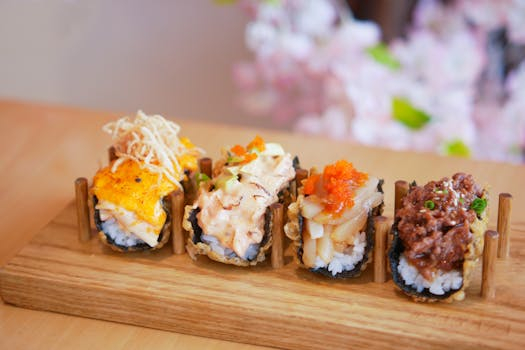Culinary Anthropology: Understanding Cultures Through Gastronomic Experiences
Culinary anthropology is a fascinating field that combines the study of food and culture. It examines how food plays a significant role in shaping our identities, beliefs, and traditions. From ancient civilizations to modern societies, food has been an essential element in human history and has evolved into a medium for understanding different cultures. Gastronomic experiences offer a unique perspective on how people across the globe live, communicate, and express themselves through the food they eat. In this article, we delve into the world of culinary anthropology and explore how it enables us to gain a deeper understanding of cultures through gastronomic experiences.
The Origins of Culinary Anthropology
Culinary anthropology, also known as food anthropology, is a branch of social or cultural anthropology that focuses on the study of food and its role in human life. Its origins can be traced back to ancient civilizations, where food served as a vital component in rituals, social gatherings, and cultural practices. The ancient Greek philosopher, Aristotle, was one of the first to discuss the connection between food and culture, stating, “Man is a social animal, and the only animal that can cook.” This quote highlights the unique role that food plays in human society, shaping our behaviors, relationships, and beliefs.
The Role of Food in Culture
Identity and Belonging
Food is a powerful medium for expressing identity and belonging. We are often associated with the food we eat, and it becomes an essential part of our cultural identity. Different regions and communities have their traditional cuisines, recipes, and cooking methods, which are passed down from generation to generation. These unique food customs and traditions serve as a means of preserving cultural heritage and strengthening communal bonds.
Communication and Social Interaction
The act of sharing a meal has always been a way for people to come together and form connections. Food has the ability to bridge cultural gaps and facilitate communication between individuals from different backgrounds. In many cultures, food is used as a form of greeting, celebration, and showing hospitality. The preparation and consumption of food often involve sharing stories, traditions, and beliefs, creating a sense of community and fostering social interaction.
Expressing Cultural Beliefs and Values
Food can also be a powerful expression of cultural beliefs and values. Many cultures have dietary rules and restrictions based on religious or ethical principles. For example, certain cultures may prohibit the consumption of certain types of meat or alcohol, while others may consider certain foods as sacred and only consumed on special occasions. These practices not only reflect cultural norms but also reinforce these beliefs and values within the community.
Gastronomic Experiences: A Window into Different Cultures
Gastronomic experiences, such as food tours, cooking classes, and food festivals, are becoming increasingly popular among travelers looking to immerse themselves in different cultures. These experiences offer a unique opportunity to explore the customs, traditions, and beliefs of a particular culture through its food. By trying new dishes, learning about ingredients, and interacting with locals, travelers can gain a deeper understanding and appreciation for a particular culture.
Furthermore, gastronomic experiences also provide a platform for cultural exchange and dialogue. Through food, travelers can learn about the history, values, and customs of a particular culture, and in turn, share their own experiences and perspectives. This promotes cultural awareness and understanding, breaking down stereotypes and building connections between people from diverse backgrounds.
In Conclusion
Culinary anthropology offers a unique and exciting way to explore and understand cultures through food. The study of food and its role in shaping our identities, beliefs, and traditions provides valuable insights into the complexity and diversity of human society. By taking part in gastronomic experiences, we not only get to savor new flavors and cuisines but also gain a deeper understanding and appreciation for different cultures.
So, the next time you sit down for a meal, remember that food is more than just sustenance; it is a window into the rich and fascinating world of cultural anthropology.











